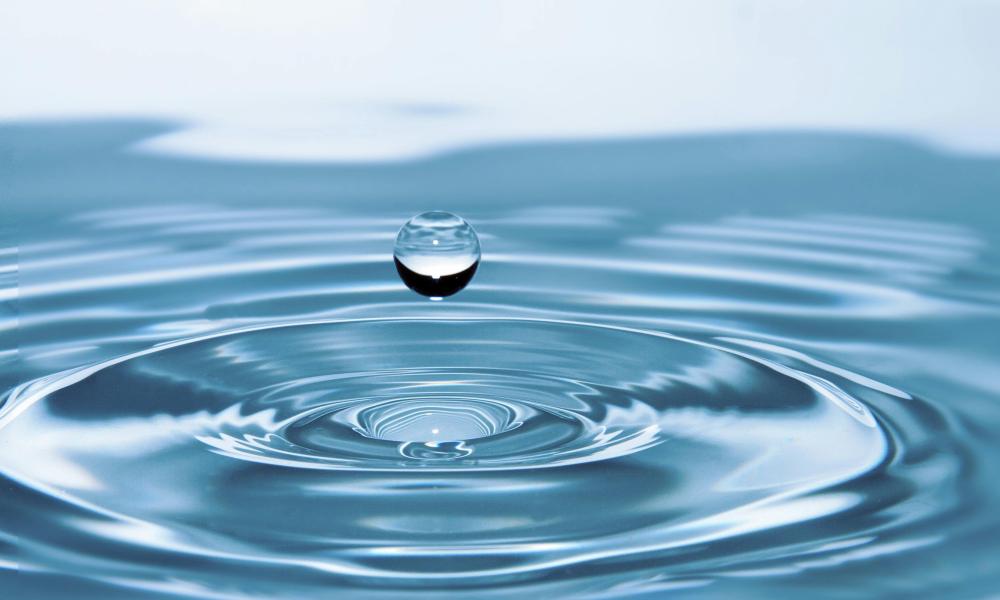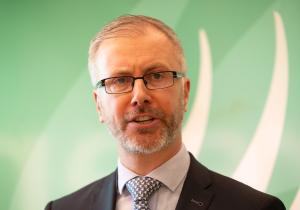Greens bring strong Water Action Plan to the Cabinet table

The Green Party today brought a revamped Water Action Plan (WAP, formerly known as the River Basin Management Plan) to Cabinet, the third and strongest plan to protect and improve Ireland’s rivers, lakes and coasts. Ireland is experiencing a sustained decline in water quality. Half of our rivers, a third of our lakes and two thirds of our transitional waters are classified as having 'moderate', ‘poor’ or ‘bad’ status.
This ambitious plan, which will be published in September, aims to reduce water pollution and improve the quality of over 300 waterbodies by 2027. It will be implemented with the support and participation of local communities who are most affected by the quality of their local water.
The WAP continues the strategic investment in wastewater infrastructure, with funding for Uisce Éireann coming to over €2.3 billion since 2020.
New measures in the plan will bring communities, NGOs, farmers and industry together to understand the challenges in their area and collaborate in solving them. The measures will be implemented through local work plans developed through structured public gatherings.
One of the most significant aspects of the plan is a review of the Arterial Drainage Act, which will enable us to re-think our approach to flood management.
Minister for Nature Malcolm Noonan said;
“Preventing floods and increasing Ireland’s resilience to extreme rainfall is of utmost importance. Flooding has had devastating consequences for many people in recent years, impacting lives and livelihoods, as well as biodiversity and water quality. That’s why it’s so vital that we review the Arterial Drainage Act and make it fit for the 21st Century. This is just one element of Ireland’s new Water Action Plan, which puts communities at the heart of our efforts to protect and restore our rivers, lakes, estuaries and coasts and puts much stronger emphasis on governance, enforcement and accountability.”
The WAP sets out a comprehensive set of targets and will require regular progress reports. The strong focus on compliance will be matched with the necessary resources. Agriculture is the most significant source of pressure putting waterbodies at risk. Local Authorities will get more than 60 new enforcement staff to target inspections on 4,500 farms per year and the Department of Agriculture will undertake 500-1,000 inspections per year.
Senator Roisin Garvey, Deputy Leader and Spokesperson for Rural Development said;
“This plan is not merely an expression of good intention, the Government will provide the resources to enforce the clean-up. We need to reinstall trust in our water quality and strong enforcement means people can be sure that the big polluters won’t get away with causing damage, and the many smaller farmers taking this seriously will be acknowledged. People take pride in the rivers and lakes of Ireland and this plan will empower us all to keep them clean for our collective health and well-being.”




